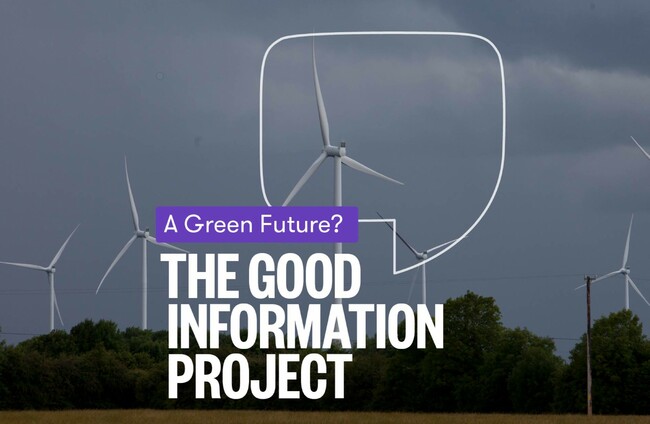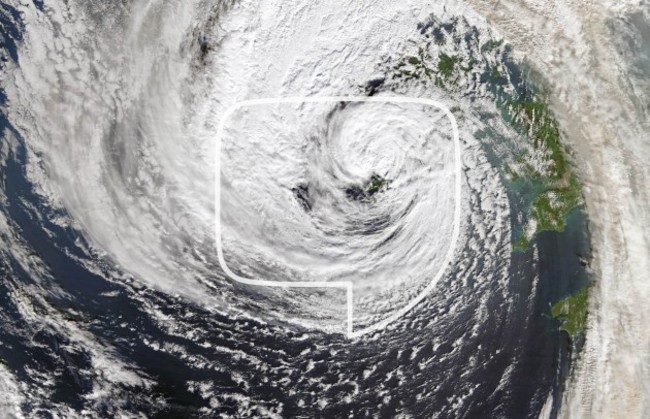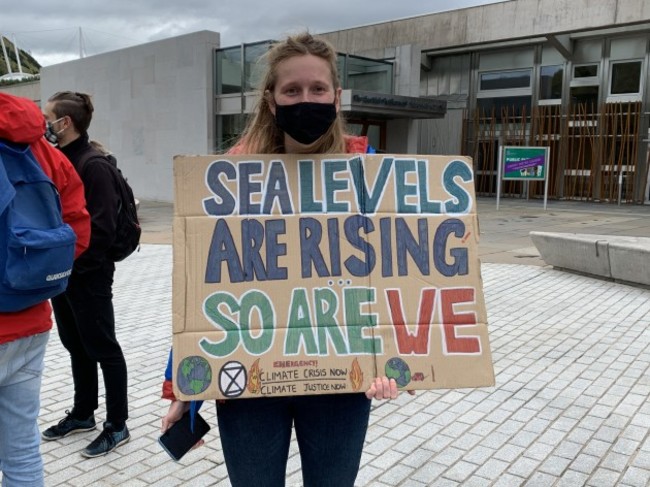Support from readers like you keeps The Journal open.
You are visiting us because we have something you value. Independent, unbiased news that tells the truth. Advertising revenue goes some way to support our mission, but this year it has not been enough.
If you've seen value in our reporting, please contribute what you can, so we can continue to produce accurate and meaningful journalism. For everyone who needs it.




 This work is co-funded by Journal Media and a grant programme from the European Parliament. Any opinions or conclusions expressed in this work is the author’s own. The European Parliament has no involvement in nor responsibility for the editorial content published by the project. For more information, see
This work is co-funded by Journal Media and a grant programme from the European Parliament. Any opinions or conclusions expressed in this work is the author’s own. The European Parliament has no involvement in nor responsibility for the editorial content published by the project. For more information, see
have your say